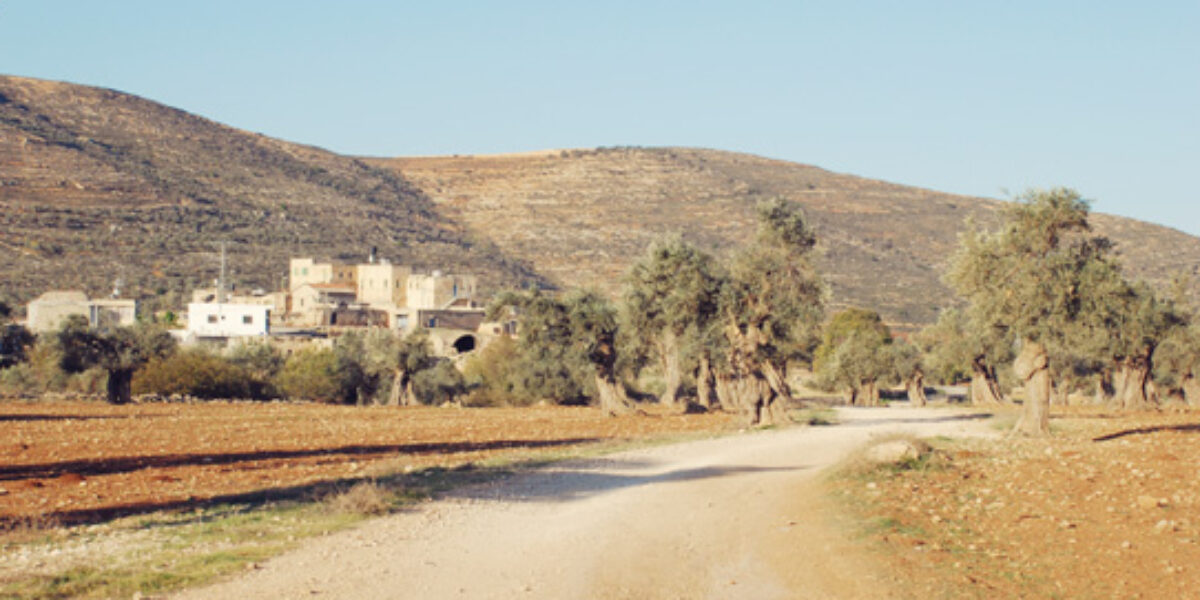From Deborah, the first female judge, to Samson, the man with supernatural strength, the book of Judges tells the story of the nation of Israel before they united under a king.
What makes Judges special?
Judges is part of the great story, from Deuteronomy through 2 Kings, that tells of God’s special people, the Israelites, in the promised land of Canaan. Judges describes the time after the tribes of Israel began to settle in Canaan but before they were united as one nation under a king. It was during this time that the Lord chose special leaders known as “judges” to help the tribes defeat their enemies. Some judges may have led all the tribes together, but usually a judge led a few tribes at the most. The stories about these heroes of Israel make up the largest part of Judges.
Though Judges comes immediately after Joshua, the picture of Israel’s settlement in the promised land of Canaan is strikingly different in these two books. While Joshua describes a quick and decisive victory over the indigenous peoples of Canaan and their towns, the book of Judges seems to describe a slow, and often compromising, settlement of the Israelites among the Canaanites. The “stage” of the book of Judges is the interaction of the Israelites and these Canaanites.
Why was Judges written?
In order for the people of Israel to survive as a nation, they had to obey God’s Law and worship only the Lord God. If they did this, they would remain in the land of Canaan and receive the Lord’s blessings
The Israelites did not show a strong and lasting loyalty to the Lord. The book of Judges describes how the behavior of the people of Israel followed a pattern: The people disobeyed the Lord and worshiped other gods; the Lord allowed Israel’s enemies to punish them; the people cried out in distress to the Lord; the Lord chooses a deliverer, or “judge,” to lead the people in battle against their enemies; and when a judge would die, the cycle would begin again.
So, the conquest of Canaan was a power struggle told on two levels: The Israelite tribes and the native peoples battled for control of the land, while the faith of Israel was severely tested by the religions of its neighbors. The people had to learn that they were to worship only the Lord, and that when they were unfaithful, they could expect the Lord to punish them. But more importantly, the book also shows that the Lord was ready and willing to offer the Israelite people the opportunity for a fresh start; the Lord was always ready to hear their prayer, forgive them, and deliver them from their enemies. Even though they often abandoned the Lord, the Lord did not give up on them.
What’s the story behind the scene?
Scholars generally agree that the period of the judges starts with the death of Joshua around 1200 B.C. and continues until Samuel, the last of the judges, chooses Saul as the first king of Israel in about 1030 B.C. (1 Samuel 12). During the time of the judges, Israel was a loosely bound group of tribes rather than a single, united country. The judges, typically local heroes, would unite some or all of the people for a time. But the writer offers this summary of Israel in the time of the judges: “everyone did what they thought was right” (21:25). There was no one leader who could unite all the tribes. The perspective in the book of Judges is that until Israel was united under one leader, a king, disobedience and punishment would continue as the way of life. Canaanite culture and religion remained a heavy influence that tempted the Israelites to disobey and forget God.
The judges who led Israel during this violent and unsettled time were not judges in a legal sense, although Deborah and Samuel did sometimes play a legal role. It is better to understand these judges as specially chosen tribal leaders who led the people into battle.
How is Judges constructed?
After an opening introduction (chapters 1–2) which sets the stage, the book of Judges mainly consists of a series of independent stories that focus on the leaders (judges) who rose to rescue Israel’s tribes (chapters 3–16). The actions of some of the judges are described in detail, while a few more “minor” judges are briefly mentioned.
The final chapters (17–21) do not mention the judges at all. In the final chapters of the book, the threat to Israel is not from outside enemies but from those inside Israel who continued to turn away from the Lord. The final chapters make it clear that Israel was suffering from a lack of leadership and from a lack of loyalty to the Lord. These chapters hint that Israel’s problems might begin to be solved, if a king could be chosen to rule over all the tribes.
The following summary is one way the book can be outlined:
Israel invades Canaan but turns away from the Lord (1:1–3:6)
The stories of Israel’s chosen leaders, the judges (3:7–16:31)
- Othniel, Ehud, and Shamgar (3:7-31)
- Deborah (4:1–5:31)
- Gideon (6:1–8:35)
- Abimelech, Tola, and Jair (9:1–10:5)
- Jephthah, Ibzan, Elon, and Abdon (10:6–12:15)
- Samson (13:1–16:31)
Israel’s troubled times continue (17:1–21:25)
- The tribe of Dan and their place of worship (17:1–18:31)
- The crime at Gibeah and civil war against the tribe of Benjamin (19:1–21:25)




